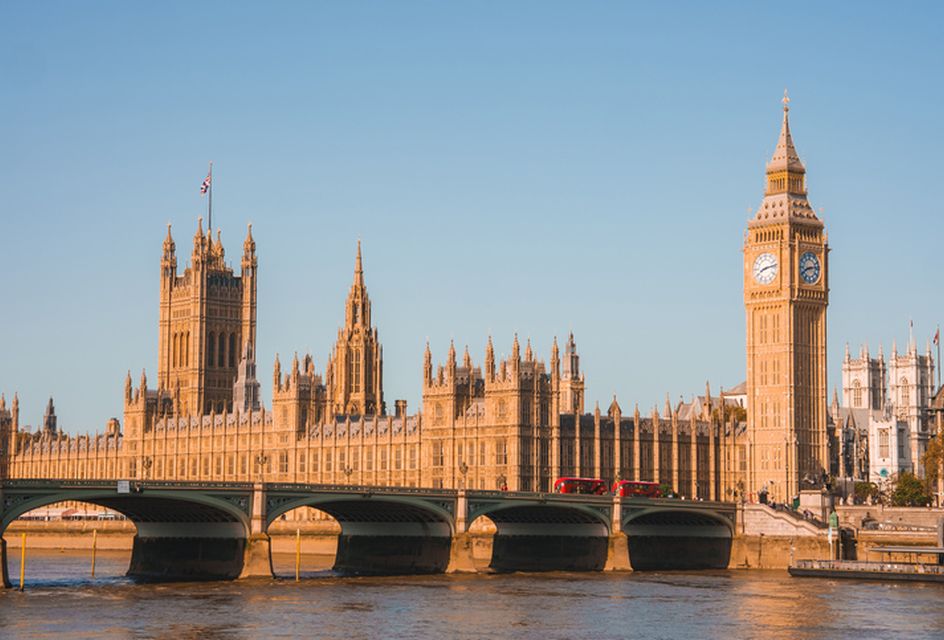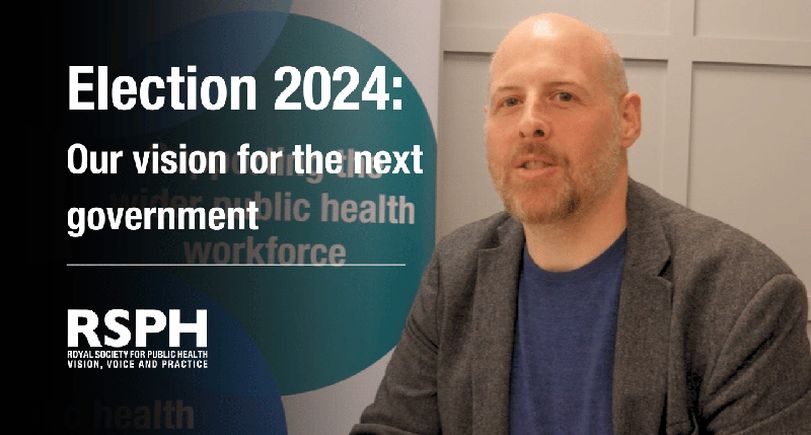A new Government and the King’s Speech – what does it mean for public health?
Author: Simon Dixon 23 July 2024 1 min read
A new government, new legislation, and a new focus on preventative services. But what does this mean for public health?

Last week we saw the first signs of what the election result is going to mean in practice, as the new Government set out their legislative plans for the next year.
This isn’t everything that will happen over the next year – and many of the details are still to be worked out – but it sets a serious agenda for preventative services which boost public health, rather than simply treating illness.
1. Action on the drivers of poor health
The new Government has made clear that the generational ban on tobacco products will go ahead, ensuring that today’s children never have the chance to get addicted to smoking.
As well as the central ban, Labour have previously called for stronger action on advertising – particularly of vaping products aimed at young people – so we can expect to see this included in their Bill. This is the minimum first step for a Government serious about prevention, so we hope Ministers will act quickly and introduce it before the summer.
Alongside this, we have been promised action to crack down on junk food advertising, and restrict the sale of high-caffeine energy drinks to children. Both of these are a big step towards a coherent strategy to tackle obesity and related harms – not silver bullets, but serious changes which will make a tangible difference.
2. Support to help workers remain healthy
We know that one of the biggest drivers of long-term ill health in the workforce is a support system which encourages us to work until we cannot do so any more, rather than intervening at an early stage with supportive measures.
One of the biggest problems many employees face is that sick pay is not available on low incomes, or early on in a role – meaning that employees work while they aren’t well, only taking time when they are too ill to work at all. Overall, this means more time taken off, and health conditions deteriorating.
RSPH have set out five simple steps that can be taken to improve workplace health, and we’re pleased that the Government’s proposed Employment Rights Bill has taken these up – ensuring that statutory sick pay is a day one right for all employees, regardless of how much they earn.
This is a vital first step towards creating a culture where work is something which helps, rather than hinders, healthy lifestyles, and we’ll look to work with Ministers and business to progress our other recommendations.
3. Mental Health Act reform
The Mental Health Act is woefully outdated. As long ago as 2018, Government was told that reforms were needed to enable people with mental health conditions to access treatment early, and on their terms, rather than relying on a coercive system which too often doesn’t deliver the outcomes they need.
Reform has been a long time coming, but the Government have now committed to bringing forward a Bill to implement the changes which have been discussed over recent years – opening the door to a public health approach to mental health, where we intervene early and build supportive systems, rather than only stepping in during a crisis. This will need to build on approaches like MECC for Mental Health which we know helps facilitate these changes.
4. Putting prevention first
It’s not legislative, but one of the most significant changes we’ve seen since the election is the appointment of a Minister for Public Health and Prevention, as part of a Health Department which wants to focus on preventing ill health, rather than simply treating acute health problems.
This is the right approach, which we have been advocating for years, and if it is realised, we will all see the difference that it makes. But we know that it can only happen if it is truly a cross-Government approach, taking in everything from welfare reform to boosting physical activity through sport and improving our housing stock.
What we’ve seen so far is a positive first step, but we’ll keep on pushing the Government to go further in line with the priorities we set out ahead of the election – whether that is putting in more funding for transformative public health services, bringing forward a joined-up approach to supporting the wider public health workforce, or incentivising businesses to invest in the wellbeing of their staff.

The Government is facing in the right direction, and if they take this bold action, then we can all see the benefits of them achieving their mission to slash health inequalities over the next decade, so we all live longer, healthier, and happier lives.


